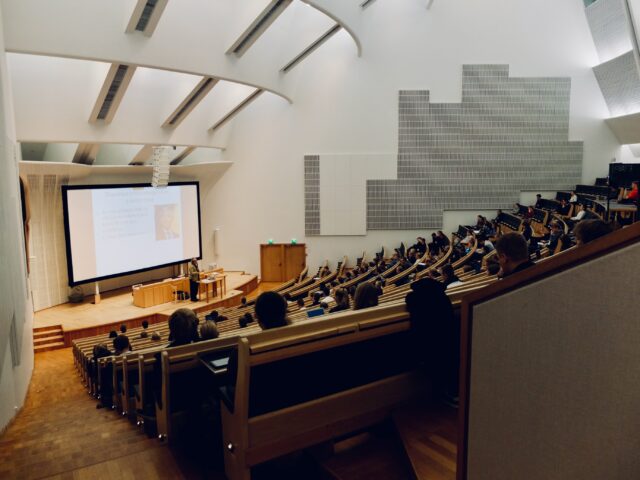The Cree School Board (CSB) has launched a department of higher learning to bring additional postsecondary opportunities to Cree students. The department will manage Eeyou Istchee’s postsecondary programs, including the Cree Teacher Training Program and the Iyeskuwiiu CEGEP-level springboard program. The department also collaborates with Cree entities to ensure that educational offerings are aligned with regional priorities and in-demand career paths. “Ultimately part of our plan is for a Cree CEGEP in our territory, all depending on the dominoes to fall into place,” said CSB director Darlene Cheechoo. “There will be multiple people involved in it. We’ve already started some groundwork that we need to update with current data for feasibility.”

